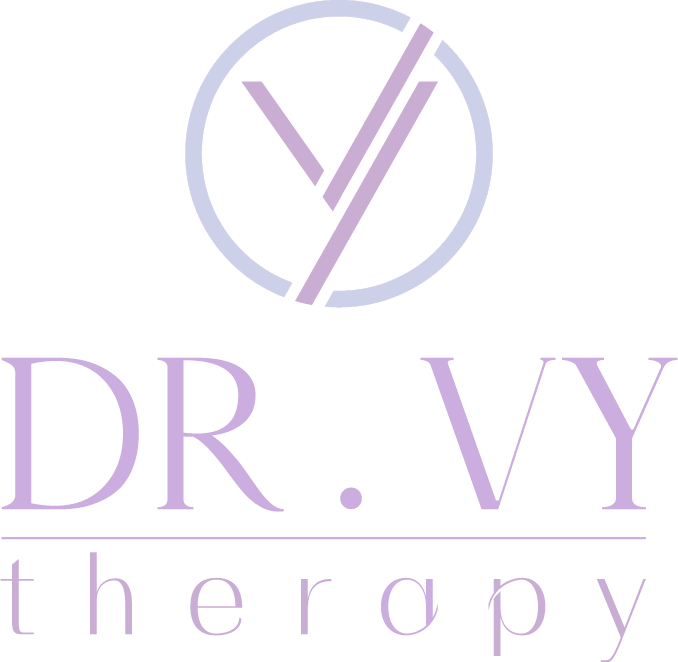Do you find yourself struggling to clearly identify who you are?
Do you seek others to tell you your roles, responsibilities, and identities? You’re not alone.
Let’s shed the burden of other’s expectations that you carry.
You may feel like you’ve lost yourself in the hustle and bustle of life. You may have gain new relationships, children, careers as you carried on. Which is great, but you feel like the person you felt the happiest and most authentic is no longer present. Together, we can explore and rebuild the person you strive to become.
Do you struggle with losing yourself to your children, work, relationship, or family?
Does it feel completely exhausting because your behaviors and daily routine do not align with your personal values?
Are there so many expectations you feel others have on you that it is terrifying what would happen if you just “be”?
How would it feel like if you no longer tried to appease others but lived for yourself?
Who are you really?
Your journey to figure out who you are involves shaping your lifestyle, beliefs, and how you see yourself. It's a wild ride, often pretty cool and exciting, but also, at times, it can get pretty messy.
Questioning stuff you've always taken for granted and redefining your identity can be a real head-scratcher, especially when it doesn't quite match up with what your family, culture, or society expects.
If these identity worries start getting in the way of your everyday life, they might mess with your mental health.
But hey, when that happens, there are ways to boost your self-esteem and build a strong, genuine identity that's good for your overall well-being. I’m here to help explore this with you.
Identity Development Challenges
-
You might find yourself uncertain about where you fit in socially, or you may experience instability in your friendships and close relationships.
This facet of identity often involves navigating the ever-shifting landscapes of friendships, relationships, and social groups. You might find yourself in a constant state of flux, unsure where you truly belong, or facing the turmoil of unstable friendships. The desire for social acceptance and the need to define your place in a broader social context can trigger these conflicts.
-
It's not uncommon to feel like your values and beliefs don't quite align with those of your family.
The clash between your values, beliefs, and aspirations and those of your family can be a central point of identity conflict. It's not unusual to experience a dissonance between the individual you are becoming and the expectations and traditions held within your family. This tension can provoke a struggle to define your unique path while maintaining family connections.
-
Your identity may clash with the norms and expectations of your cultural, ethnic, racial, or religious background. It's also possible to navigate multiple identities that don't always sync up, and societal pressures and discrimination against marginalized groups can intensify these identity challenges.
The intersection from which you hail can be a profound source of conflict. Your identity may challenge the norms and expectations of these groups, and you might find yourself navigating multiple identities that don't always harmonize.
Additionally, the weight of societal pressures and discrimination against marginalized groups can magnify these identity challenges, making the process of reconciling your unique identity with these broader cultural contexts even more complex.
-
You might question whether your chosen career path is the right one for you, or you may lack a sense of competence at work. Some folks feel like their work identity doesn't match up with who they are at home.
Your chosen career path and your sense of competence at work can be integral to your self-concept. Questions about whether your profession aligns with your passions and ambitions, or whether your work identity reflects your true self, can trigger identity conflicts. Some individuals may grapple with a sense of incompatibility between their professional persona and who they are in their personal lives.
-
Questions about your gender identity or sexual orientation can arise, and societal norms regarding gender roles and sexuality can add an extra layer of complexity to these challenges.
Questions about who you are, how you express your gender or sexuality, and how you relate to others in this context can be deeply personal and sometimes fraught with societal judgments and biases. This can make the journey to self-discovery and acceptance all the more intricate.


